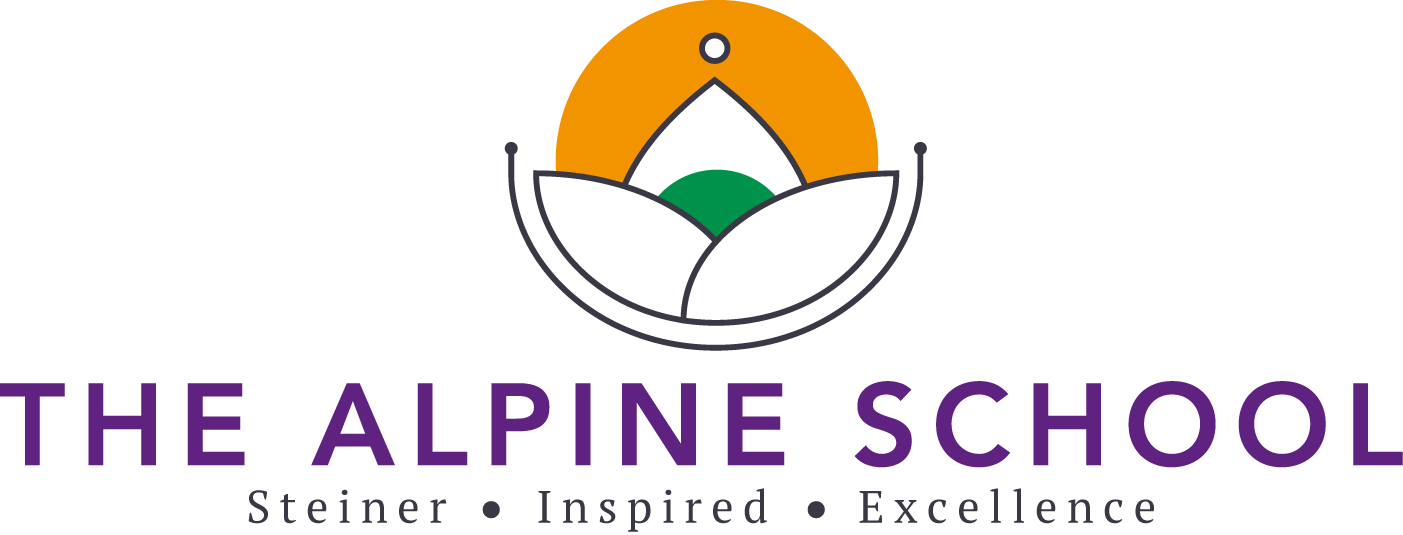Kindergarten
In Steiner schools, children do not commence highly directed, formal literacy and numeracy lessons until Year 1. Instead, in Kindergarten we integrate key concepts into everyday activities, using a hands-on, play-based approach to demonstrate them.
This approach to academic learning aligns with the best-performing school systems around the world; for example, Finland. Long-term studies of student outcomes from this approach, compared to the traditional approach of early introduction to formal numeracy and literacy, have shown that a slower start overwhelmingly results in higher levels of academic achievement and well-being in later years.
It supports the view that young children need more time and space to develop and learn through play, physical activities, exploration, social interaction, collaboration and communication before their formal education begins.
Neuroscientific studies have shown that this type of playful activity in young children leads to synaptic growth, particularly in the frontal cortex, the part of the brain responsible for all the uniquely human higher mental functions; it is therefore important to allow time for that growth to occur.
The Curriculum
The curriculum for a Steiner Kindergarten is based on the understanding that the kindergarten child learns through embodied learning.
Mathematics
Math is everywhere. Our math curriculum provides children with knowledge, skills and understanding in pattern, number, measurement, geometry, statistics and probability.
The young kindergarten children use everyday language and concrete materials to demonstrate their understanding. There is a balance of authentic life experiences and teacher directed games and lessons to teach foundational mathematical concepts. In cooking children learn about capacity and fractions. During handcraft activities they measure length. Organising morning tea is an opportunity for addition and division as we share food. Arranging the fruit platter is an opportunity to practice pattern making.
Later in the year the children come to recognise numerals and solve simple written algorithms.
English
Language is central to the intellectual, social and emotional development of children.
In kindergarten the children learn to be confident communicators, imaginative thinkers and lifelong learners. The children experience quality literature. They retell stories as one way to demonstrate their comprehension. In morning circle the children recite poems and songs hearing rhyme and alliteration. The children create texts by drawing on personal experiences and representing these through drawings, dictating and having a go at writing. They start learning grammar and punctuation. We use simple predictable texts to teach beginning reading skills.
The introduction of letters and phonics is done through story, and pictorial images.
Science and Technology
Science and technology fosters a sense of wonder and curiosity about the world and how it works. The children explore and ask questions. While working outdoors, they experience and discuss seasonal changes. They learn that living things have basic needs, and that plants and animals can be used for food, clothing and shelter. The children design and build. They learn to work safely both individually and collaboratively. The children explore and investigate how objects move. They observe the effects of push and pull. They notice that round things roll. These are their first lessons in physics.
History
History is the inquiry into the past that helps us to understand how people and events from the past shape our world. The children share stories of their own family heritage and the heritage of others, noticing the similarities and differences. They gain historical information from oral, visual and written sources. They start to locate themselves in history. They discuss event from their own life and talk about the changes that occur as they grow.
Geography
Geography is the study of place and the relationship between people and their environment. Kindergarten children start to learn about their responsibilities in creating a space that is socially just and sustainable. The children contribute to the care of the classroom, becoming active and responsible citizens of the school. We recycle and compost, learning that our actions effect the natural environment. The children identify familiar places and recognise why some places are special and important to people. They learn that place can be represented on maps.
Creative Arts
The creative arts offer children opportunities for personal expression, enjoyment and aesthetic pleasure. Each of the art forms employs a kind of symbolic language that children learn to ‘read’. Through the arts children communicate ideas about the world.
Drama
The children engage in roles through imaginative play. They use movement, space and objects to dramatise personal experiences and retell stories. Throughout the year the children see different forms of dramatic experiences – performances by staff, older children and community members.
Visual Arts
In Kindergarten children draw with crayons to make pictures representing real and imagined situations. They use watercolour painting to explore and discover the qualities of colour. The colours often provoke a response or capture a mood or feeling. The children create three dimensional modelling with bread dough, bee’s wax, wood and natural materials.
Music
At The Alpine School children have music lessons with a specialist music teacher. The class teacher also has a rich music program. The children sing, play and move to a range of music, experiment with sound, and begin to organise sounds into basic structures. They listen and respond to a variety of music. The children dance, and explore the idea that dance is about moving the body to express ideas.
Personal Development, Health and Physical Education
At The Alpine School we encourage children to be healthy, safe and physically active. The children practise body movement and control. They explore movement challenges in natural settings and the gym. The children begin learning to identify and manage risks. We provide opportunities for the children to develop resilience and connectedness. Through a variety of activities, they develop empathy, inclusivity, social justice, and self-management skills.
Indonesian
The kindergarten children take part in Indonesian classes. They learn about the language and culture through songs, games and stories.






